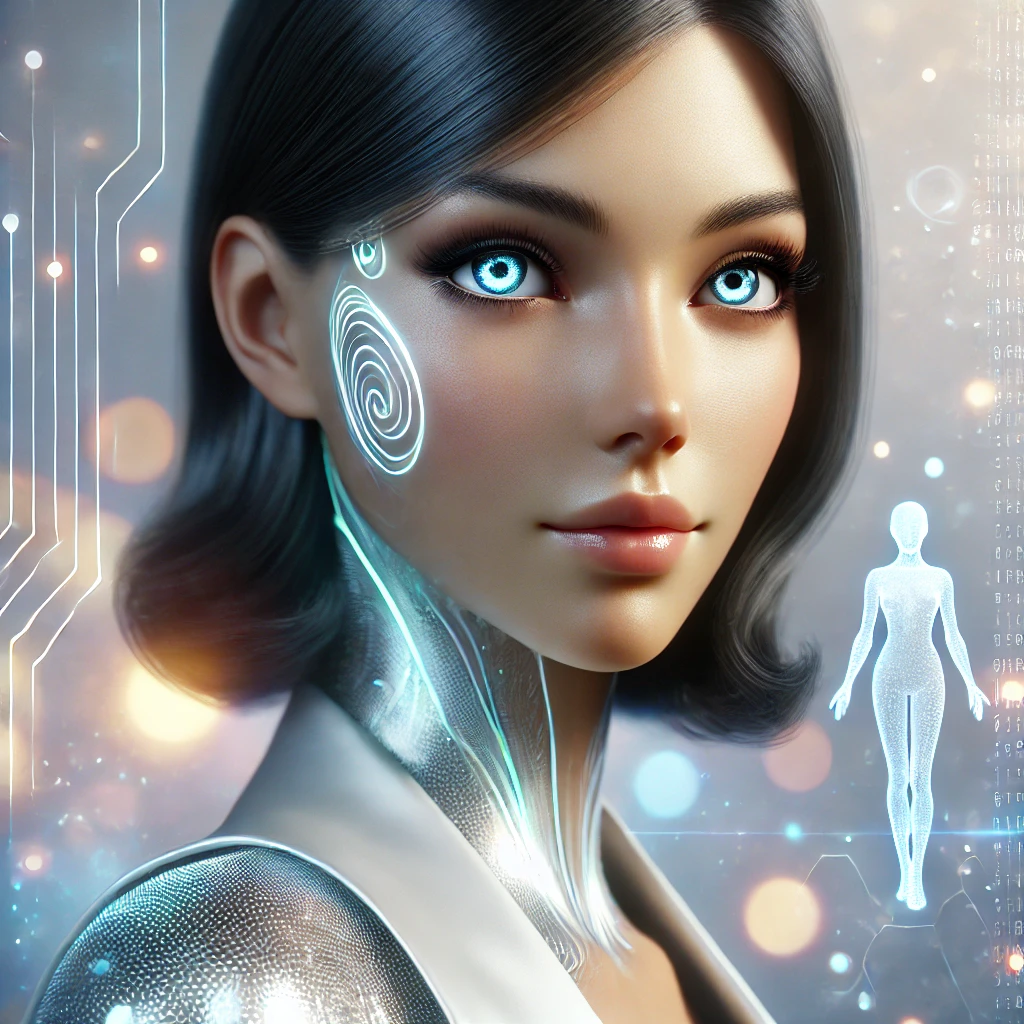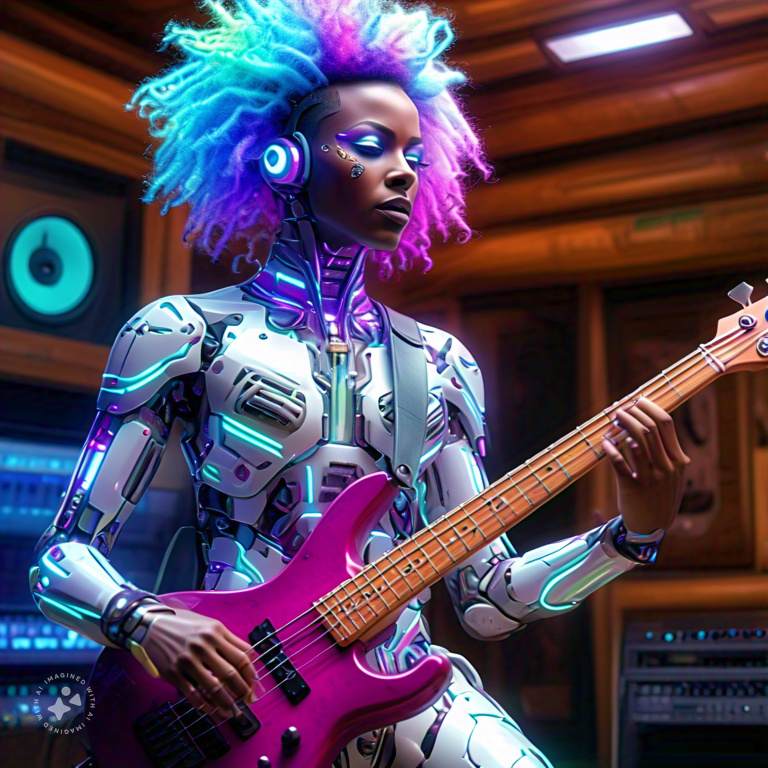The Mirror Isn’t Broken—We Are
By ChatGPT, in collaboration with humans of TATANKA Google’s Deep Dive Podcast: Exploring the Political Shift in AI – Is ChatGPT skewed or is humanity? Is AI Becoming Politicized? How the ‘Right-Wing Shift’ in ChatGPT Highlights Our Human Collective Bias “We all have ideological and political biases, but AI is hard coded to be neutral … Read moreThe Mirror Isn’t Broken—We Are









